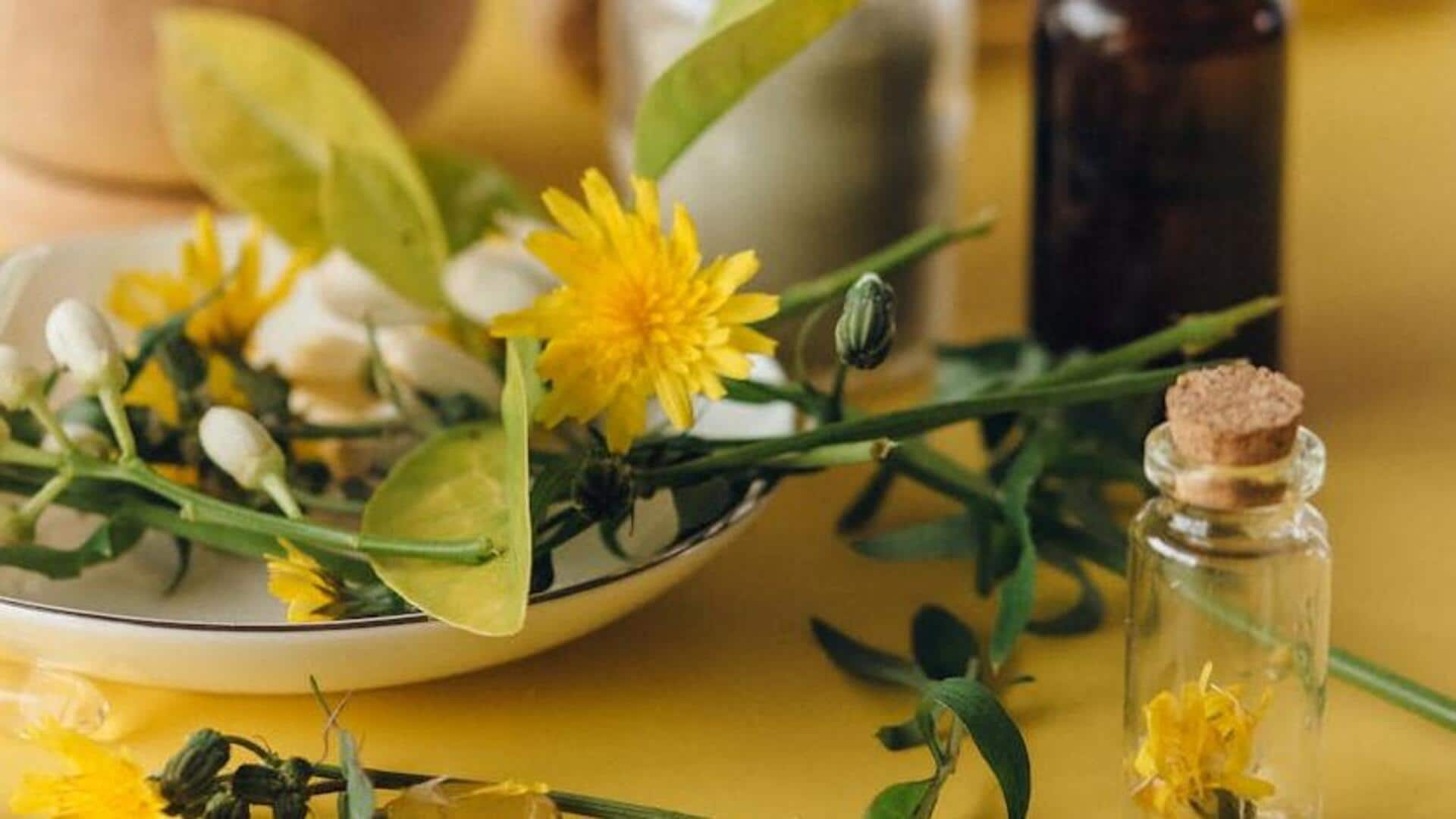
The healing touch: Traditional medicine in Indian and Japanese cultures
What's the story
Traditional medicine holds a profound and enduring influence in the healthcare landscapes of India and Japan. These time-honored traditions, intricately woven into the cultural tapestry of each nation, provide distinct approaches to healing and well-being. Delve into the captivating realm of traditional Indian and Japanese medicine with this article. Discover their rich history, unique methodologies, and the lasting impact they continue to exert on contemporary healthcare.
Ayurveda
Ayurveda: India's ancient wellness system
Ayurveda, dating back over 5,000 years, is a holistic system that believes health depends on the balance of mind, body, and spirit. It emphasizes wellness through lifestyle practices and natural therapies, rather than focusing on disease treatment. Individuals are categorized into three doshas: Vata, Pitta, and Kapha, which serve as a roadmap for personalized treatments aimed at maintaining dosha balance.
Yoga
Yoga: More than physical exercise
Yoga, another jewel from India's ancient wellness tradition, is often reduced to its physical postures, or asanas. However, yoga is a holistic system, including breath control (pranayama), meditation (dhyana), ethical disciplines (yamas), and sensory withdrawal (pratyahara). Despite its origins over 5,000 years ago in India as a spiritual practice, it has gained global recognition for its benefits in stress reduction, enhancing flexibility, improving mental clarity, and promoting overall well-being.
Kampo
Kampo: Japan's adaptation of Chinese medicine
Kampo medicine is Japan's unique interpretation of traditional Chinese medicine, which was transmitted to Japan around the seventh century AD. It emphasizes herbal remedies, utilizing nature's pharmacy to create balanced formulations for a wide range of conditions. In contrast to Western medicine's symptom-centric approach, kampo focuses on identifying and treating the underlying cause of illness. This holistic perspective encompasses the physical, emotional, and environmental influences on an individual's health.
Reiki
Reiki: Channeling universal energy for healing
Reiki, established in Japan in the early 20th century by Mikao Usui, is a form of alternative therapy classified as energy healing. Practitioners utilize palm healing or hands-on healing to transmit "universal energy" to the patient, facilitating emotional or physical healing. It's known to induce relaxation, decrease stress, and improve overall well-being.
Integration
The integration into modern healthcare systems
In India, Ayurvedic hospitals function in conjunction with allopathic ones, and yoga is now world-renowned for managing stress and enhancing mental health. Similarly, Japan has kampo medicines, which are prescribed by doctors and covered by national health insurance. Such integration demonstrates a reverence for ancient wisdom within the framework of contemporary medicine.